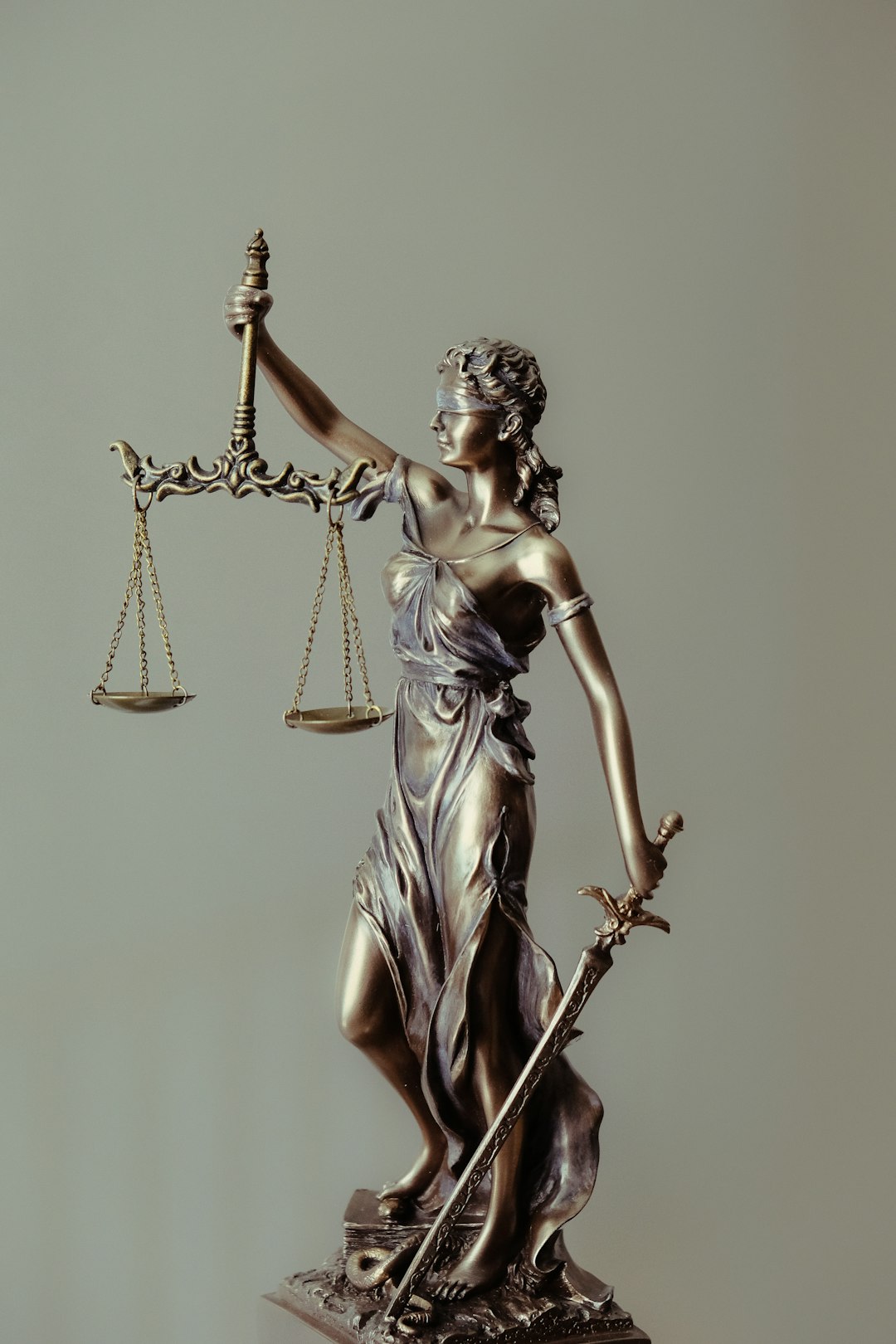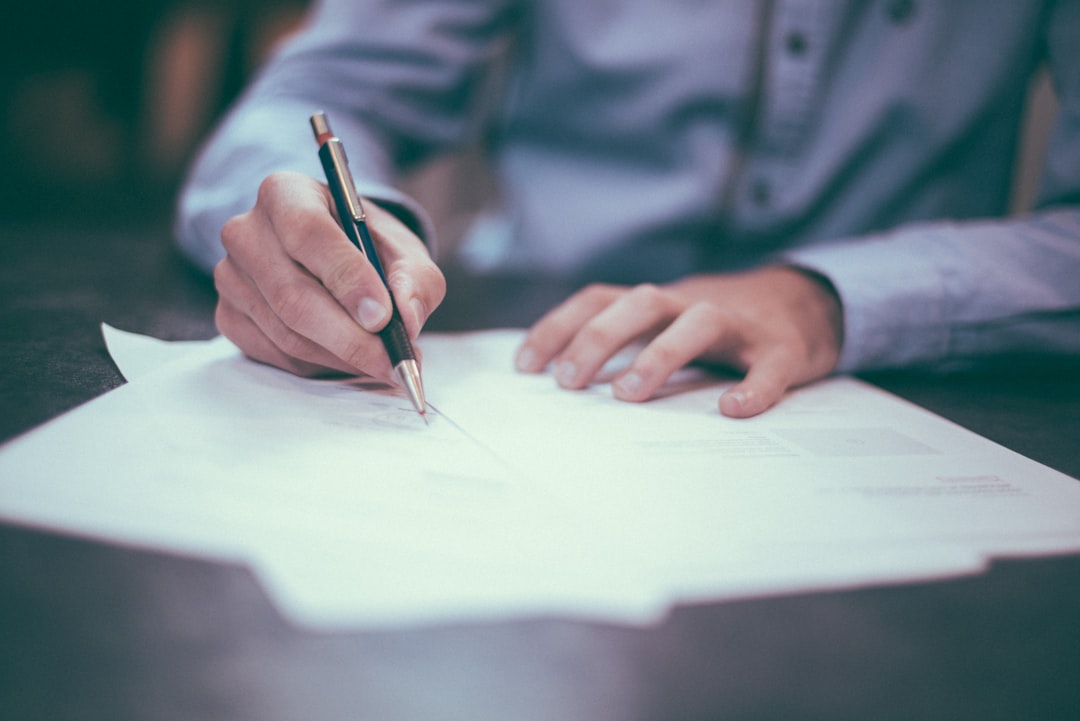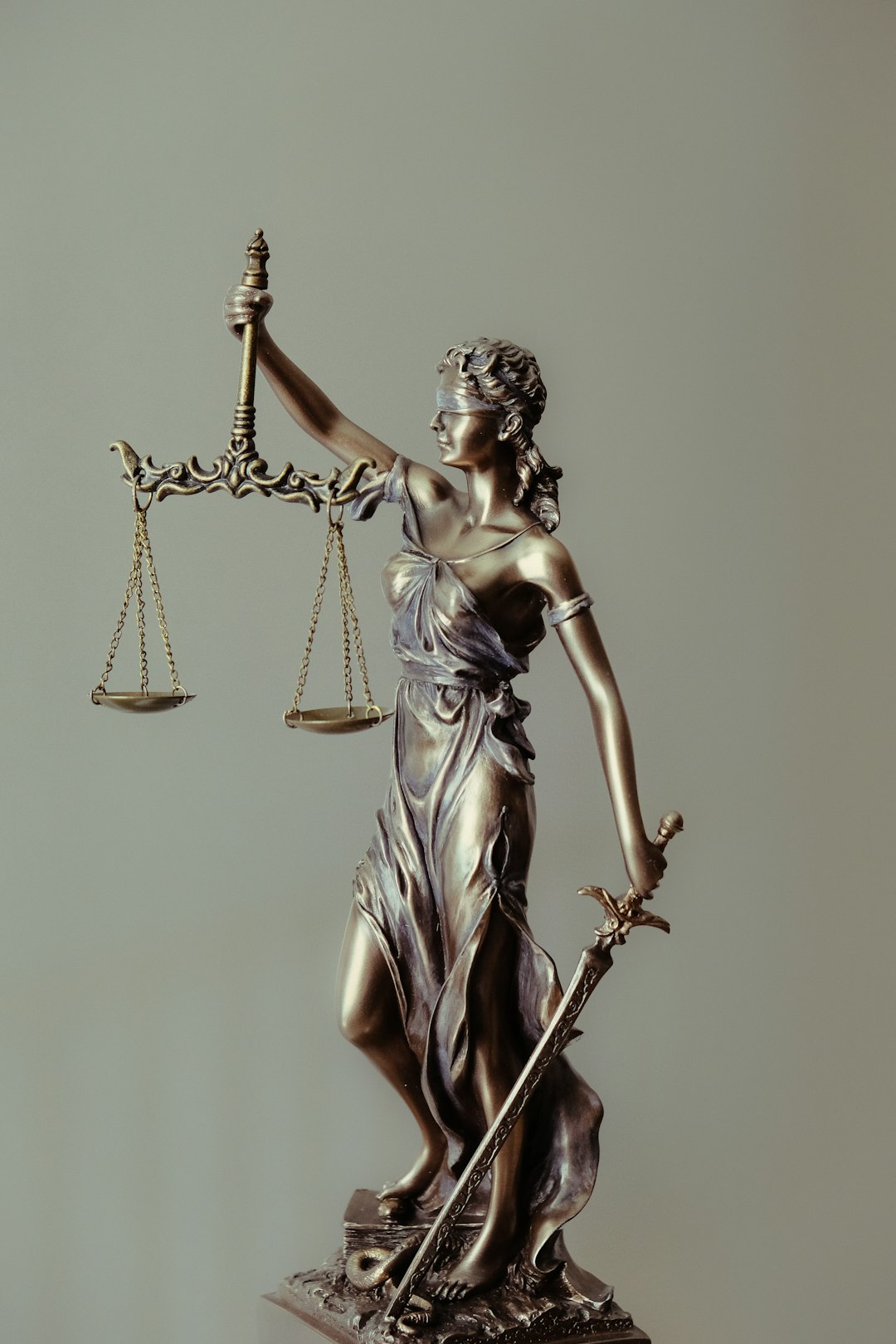In Nebraska, autodialing technology impacts marketing and customer outreach, but raises ethical concerns regarding consumer privacy. Balanced regulations are needed to protect Nebraskans from excessive calls while enabling businesses to use autodialers effectively. An autodialer attorney in Nebraska is vital for navigating legal complexities, ensuring compliance with laws protecting consumer rights in a digital landscape.
In Nebraska, as across the nation, the rise of autodialing technologies has sparked a vital debate. This article delves into the ethical considerations surrounding autodialing practices, focusing on their impact within the state and the legal framework that governs them. We explore specific challenges faced by autodialer attorneys in navigating Nebraska’s regulations, highlighting best practices to ensure compliance and uphold ethical standards. Understanding these dynamics is crucial for both businesses and consumers alike.
Understanding Autodialing and Its Impact in Nebraska

In Nebraska, like many other states, autodialing technology has become a powerful tool for businesses and organizations seeking to reach their target audiences. This innovative method involves automated phone dialing systems that efficiently contact a large number of people simultaneously, revolutionizing marketing strategies and customer outreach. However, while autodialers offer significant advantages in terms of speed and cost-effectiveness, they also raise important ethical considerations.
The impact of autodialing in Nebraska is far-reaching. From a consumer perspective, it can be seen as both intrusive and convenient. While some residents appreciate the ease of receiving information about products or services directly on their phones, others find it annoying and even harassing. This contrast highlights the need for clear regulations to protect Nebraskans from excessive or unwanted autodialed calls while still allowing businesses to effectively communicate with their customers. An autodialer attorney in Nebraska plays a crucial role in navigating this balance, ensuring that laws are upheld and consumers’ rights are respected in the digital age.
Legal Framework: Regulations and Permissions for Autodialers

In Nebraska, the legal framework governing autodialers is defined by a combination of state laws and regulations, as well as federal guidelines. Before implementing an autodialing campaign, businesses and organizations must understand and adhere to these rules, which are designed to protect consumers from unwanted or excessive calls. An autodialer attorney in Nebraska can provide expert guidance on navigating this complex landscape.
Key considerations include obtaining explicit consent from call recipients, respecting do-not-call lists, and ensuring compliance with the Telephone Consumer Protection Act (TCPA). Failure to comply with these regulations can result in substantial fines and legal repercussions. An autodialer attorney in Nebraska helps businesses ensure their practices align with the law, thereby avoiding potential legal issues and maintaining consumer trust.
Ethical Dilemmas and Best Practices for Autodialer Attorneys

In Nebraska, as with many jurisdictions, the use of autodialers by attorneys presents a unique set of ethical dilemmas. One primary concern is the potential for intrusive marketing, where automated calls inundate individuals, disrupting their privacy and peace. Attorneys must navigate the thin line between effective client outreach and respecting consumer rights. The best practice for autodialer attorneys in Nebraska involves obtaining explicit consent from potential clients before initiating any automated calls. This ensures compliance with telemarketing regulations and respects the recipient’s autonomy.
Additionally, transparency is key. Attorneys should clearly disclose the use of autodialers in their marketing strategies, allowing individuals to opt-out easily. Regular training on ethical telemarketing practices is essential for legal professionals utilizing autodialers. Staying informed about Nebraska’s consumer protection laws pertaining to automated calls ensures attorneys can maintain high standards of integrity and professionalism while effectively connecting with prospective clients.






